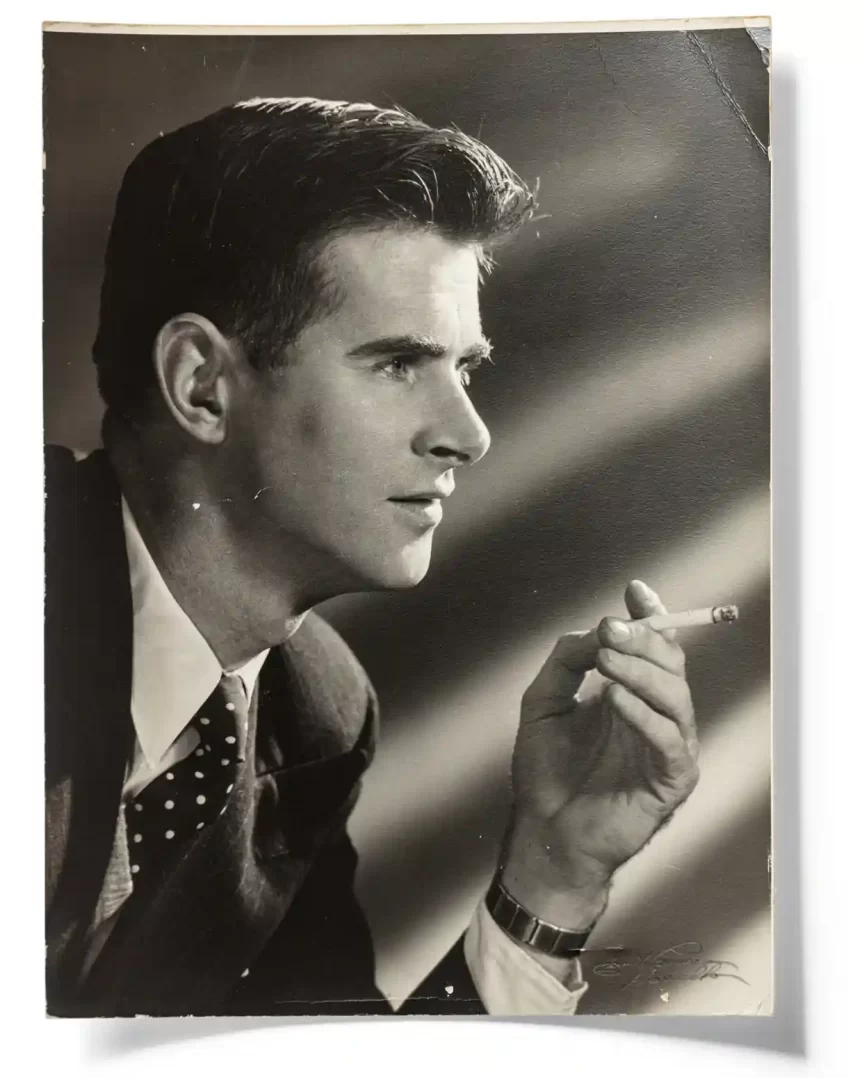part three of this interview is here
The question of drug use is also explored in Boy on Fire?
Yes, well that is going to get very complicated later on in the writing of “Dark Star”. But with “Boy on Fire” there is that thing of young people experimenting with their lives more generally. They were drinking a lot and taking drugs because it was fun, because it loosened them up, freed them to have a good time and indulge in wild behaviour. Of course, there was some self-medication in that; if you were a mentally vulnerable or sensitive person, then taking drugs could, at times, provide a protective veil around you. As well as numb internal turbulences.
There is also the question of drugs and the creative process, and while Nick has argued against aspects of this in the past, drugs can free you up. They can alter your creative process with ruptures, tangents, wild associations. Unfortunately, drugs start to move to centre of everything and take over. You get the associated difficulties of simply procuring drugs, the drone of it, and addiction physically isn’t an easy path to navigate either. Not a lot of fun anymore. And destructive to the creative process evolving.
Drug use seemed to play a large part in the story, but you don’t allow that aspect of Nick’s life to dominate the narrative?
Drugs were part of that scene, they were part of that creative process and they were part of Nick’s life. But only a part. And more so later than earlier. There was a sense that the biggest ‘drug’ really was other people and their influences, and this was reflected in the music and right across the scene.
The book isn’t just about Nick Cave, but about many people and many situations which emerge while Nick is being formed as a cultural and artistic being – as a young Australian artist being affected by the politics and culture of the time, as well as a pretty amazing group of talented individuals who are circulating around him. Sometimes I am not sure how well understood it is that the book is as much a social biography as a individual one. To be honest, I gave up trying to explain that to people along the way as I working on the book. There is a difficulty in perceiving biography as a work of history, especially when it’s connected to things like rock ‘n’ roll and contemporary culture.

You interview people who had a small but significant role in Nick’s growing up?
Yeah, I interviewed people in Wangaratta, his very first love for example, surviving childhood friends, one who died, sadly, before the book came out, Brian Wellington.
It was intriguing to look at the emergence of Nick Cave as a global figure, an international musical and cultural figure, alongside people who lived parallel to his life. How their lives, their hopes and dreams panned out. In some ways, Nick becomes a benchmark for other people to judge their lives against.
I mean, what must it be like to be connected to someone, at some point you are sort of equals, your life is almost identical to theirs, and they become a revered internationally renowned figure. I did wonder how much people assessed their lives and their achievements through that prism.
Keeping on the themes which emerge as you read the book, the question of death seems ever present?
One of the things I was trying to do with this book, and it is one of the things which interested me in writing generally, is the question of pattern making. In the research and in the writing, while not wanting to over-impose themes on the information available, you are trying to discover linkages.
The central motivating death within the book, is the death of Colin Cave in a car accident, just before Nick records the second part of an album for “The Boys Next Door”. And that situation, that incident, the impact on Nick’s life of the death of his father, would appear to set a direction, or a ‘momentum’ let’s say, for NIck for some time to come.

There is also the death of Tracey Pew’s brother – his mother’s account of that is quite disturbing, as much because Tracey witnessed that death, as it is the tragic death of a young child a family never recovers from. That might offer some sort of explanation as to why Tracey ventured into delinquency through his teenage years. It’s during this period he is very close to Nick – and Nick also becomes involved in this behaviour.
There are deaths which surround the book, externally, so as the book is being written and eventually published, figures within the narrative have died?
Tracey Pew had died earlier on, well before I started writing the book. Rowland Howard died just as I was starting and trying to line up an interview. He was too unwell to speak. During the writing process other people died before the final publication of the book, which ended up being a long stretch of time. That affects how you read the book, for sure.
As the book was approaching completion, Nick Cave’s son, Arthur, also died, and that was a very difficult period to navigate. The book is a portrait of an artist as a young man, and Nick’s son was only a little younger than Nick was in the period of his life I was writing about. It means the journey which Nick took was not one able to be taken by his son, which adds another layer to the book which was obviously unexpected and could not have been anticipated.

For more information about Marks Mordue’s work see the following link: electrifiedjournalist.com/author/markmordue/
part five of this interview is here
